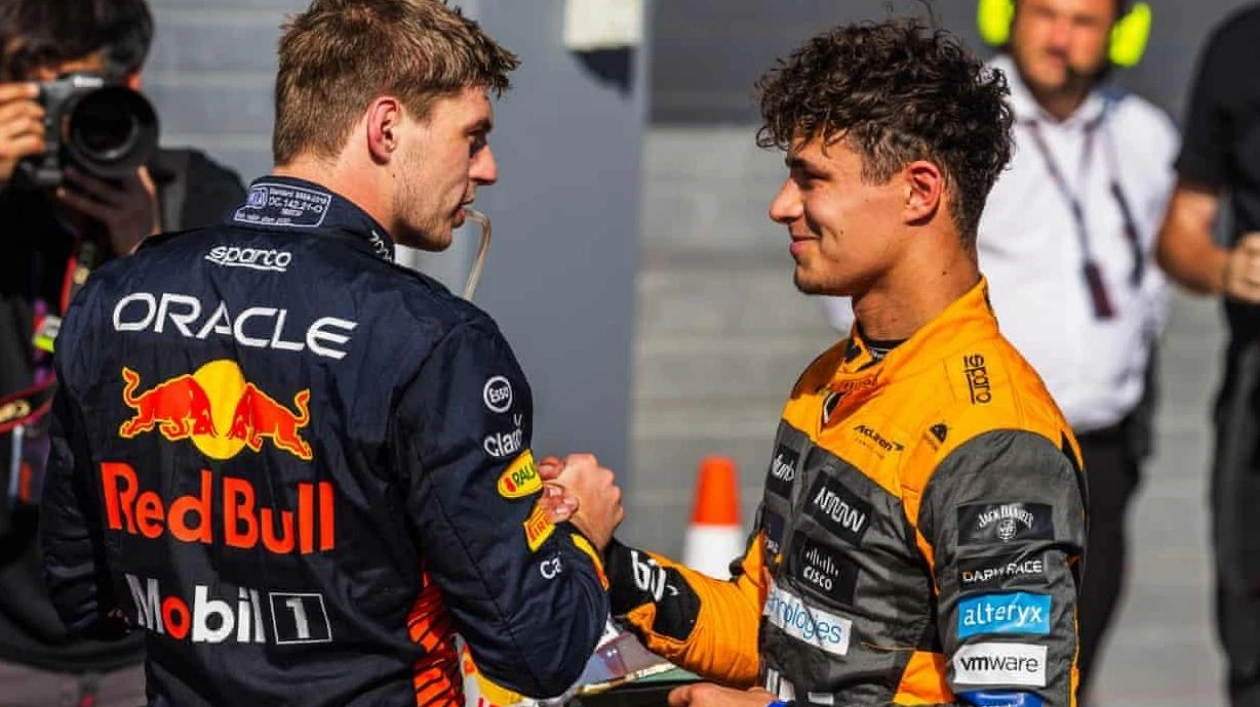After a season that initially seemed to be a predictable march to the title for Max Verstappen, with the Dutchman winning seven of the first ten races, the 2024 World Championship battle has taken an unexpected turn. The championship is now poised for an intense finale over the remaining six races, starting this weekend in Austin, with several key factors likely to influence the outcome. Verstappen still holds a significant 52-point lead (reduced from 84 after the British GP) with six races and three sprint races left. With a total of 180 points available, including the bonus point for the fastest lap, the pressure is on Lando Norris to outscore Verstappen by nearly nine points per race. Even if Norris wins all nine remaining races while Verstappen finishes second, the Dutchman would still secure his fourth title by one point. However, this scenario is highly improbable, and Norris must consistently outperform Verstappen to have a chance.
The most intriguing factor in the upcoming races will be the final major upgrades teams bring to their cars in Austin. Red Bull and McLaren are expected to introduce these upgrades, but from different perspectives. For Red Bull, these developments aim to address the balance issues that have plagued their car since the last set of upgrades, especially after the FIA deemed their ride-height device illegal. Verstappen described the car as ‘a monster’ and they haven’t won a race since June. If Red Bull solves these issues, Verstappen could easily secure the title. If not, his frustration could be both entertaining and detrimental.
McLaren, on the other hand, has a car in peak form and needs only to refine its pace to maintain their recent winning streak. The significance of these upgrades cannot be overstated, as there is often a disconnect between predicted and actual performance with ground-effect cars. A misstep from either team could be decisive. Currently, Norris and McLaren have the fastest car on the grid with the MCL38, providing a stable platform across various circuits. This stability is crucial for Norris’s hopes, as it allows the team to quickly adapt to local conditions and perform well from the start of the weekend.
The season will conclude with a series of sprint races in Austin, Brazil, and Qatar. Since their introduction in 2021, Verstappen has dominated sprint races, winning 10 out of 15. However, with McLaren now having the advantage, the pressure on Norris to secure victories is immense. The potential gains from sprint races are relatively small, with eight points for first place and seven for second, descending to one for eighth. Even a poor finish off the podium would not significantly impact Verstappen’s lead. McLaren has been cautious with team orders, allowing Norris and teammate Oscar Piastri to race freely, a decision that may prove costly. They now favor Norris and may need to make tough calls.
Piastri and Red Bull’s Sergio Pérez could play crucial roles in influencing the championship outcome. Piastri has won two of the last six races and is in a position to deny Verstappen vital points. If Piastri succeeds and other teams like Ferrari or Mercedes get involved, Norris could significantly reduce the deficit. Pérez, however, has struggled all season and is unlikely to make an impact, leaving Verstappen to fend for himself. A DNF could be catastrophic for Norris, while Verstappen’s lead ensures he could absorb such a loss and still be in contention.
Giles Richards’ verdict: Norris puts up a valiant fight and delivers a series of strong performances, enough to push the title battle to the wire in Abu Dhabi. However, Verstappen’s early-season lead proves insurmountable. With a 19-point lead going into the finale, Verstappen secures his fourth title. McLaren, however, wins the constructors’ championship for the first time since 1998.
Source link: https://www.theguardian.com






